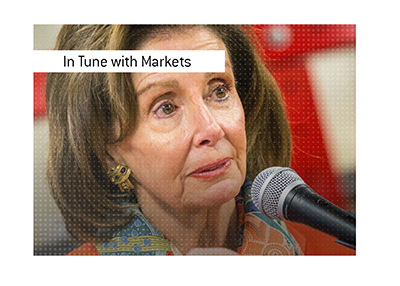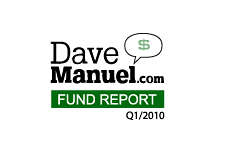Bids, Asks and Spreads - A Primer on Stock Trading
 I get asked the same questions all the time. What is a bid? What is an ask? Why are there two different stock prices when I log in and check the current quote on my favorite stocks?
I get asked the same questions all the time. What is a bid? What is an ask? Why are there two different stock prices when I log in and check the current quote on my favorite stocks?For those people who ask those questions, this article is for you. Here are the top ten most asked questions that I hear when it comes to trading stocks:
1. What is a bid? What is an ask? Here is the simplest way of explaining what these two things are. The bid is the price that you would sell a stock for; the ask is the price that you would buy a stock for. So let's say that you log into your stock trading software and you look up a quote for stock XYZ. You see two numbers:
22.05, 22.07
This means that if you currently owned XYZ, you could see the stock immediately at $22.05. This is the best "Bid." This means that somebody, right now, is willing to pay $22.05 for your shares. On the other hand, the ask is $22.07. This is the price that someone is willing to sell you shares at, right now. Meaning, with one keystroke, you can buy shares of XYZ at 22.07.
2. What is the spread? This is the difference between the bid and the ask. The bid is ALWAYS lower than the ask. So, if the bid is $22.05, and the ask is $22.07, then the spread is $.02.
3. What do the numbers next to the bid and ask mean? Let's say that you log into your trading software, and you see this as the best bid:
$22.05 10
And you see this next to the ask:
$22.07 500
Take these numbers and multiply them by 100, and this represents the number of shares that someone is either bidding for or trying to sell. So in the case of the bid, this means that someone wants to buy 1k shares at $22.05. In the case of the ask, this means that someone is trying to sell 50k shares at $22.07.
4. Why do the bid and ask change so fast? It is hard to follow. The bid and ask, for actively traded stocks, will change pretty much every second. Orders will get filled, the market in general will rise, lifting the price of many stocks, someone decides to dump their shares, etc. There are many different reasons for the bids and asks to change over the course of a full day. This is the nature of the stock market.
5. Didn't stock prices used to be shown in fractions? Yes, this changed a few years ago. Now stock prices are shown in decimal format. It used to be something like:
20 1/4
And now it is:
20.25
This is advantageous to traders, because now instead of bidding 8 1/8, you can bid 8.11 and save a few pennies here and there on your trades, which can certainly add up if you are an active trader.
6. I thought the market closed at 4 pm EST? How come my quotes are still moving after 4 pm? There is an afterhours trading session that runs until around 8 pm EST. Normally afterhours trading is slow and boring, unless a company releases a piece of news, and then it can get wild. There is typically much less liquidity in the afterhours sessions, so tread carefully if you are thinking about buying a stock in afterhours trading.
7. What is the market cap, and how is it calculated? Market cap is the total value of a company. So take total shares outstanding and multiply this by the current share price. So let's take Google as an example. Google has 312,840,000 shares outstanding, and the stock price is currently $696.69. Multiply these two numbers together and you get $217,952,499,600, which is the total value of Google at this exact second. So if you wanted to buy Google, you would need to have at least $217.9 billion dollars lying around (actually, you would need much more, as they would surely demand a premium.)
8. What does it mean to be "short" a stock? This means that you believe that the share price in this particular stock will decline. So you profit if the share price falls. You short a stock by "borrowing" shares from someone else, and selling these shares, with the obligation of buying them back at some point. Shares are usually held in a "street name." So if 1000 customers of Ameritrade own 1 million shares of XYZ, this will mean that Ameritrade currently holds 1 million shares of XYZ under a "street name." So if you want to borrow some shares and sell them short, you can go ahead. You will pay interest though and if everyone at Ameritrade decides to sell their shares at the same time, you will be forced to cover your position, no matter the price.
9. What is "margin?" This means that you can increase your borrowing power and buy stocks on credit. So if you have 4-1 margin and you have $10k in your account, this means that you could conceivably buying $40k worth of stock if you wanted. Again, you pay interest on this.
10. What is the best way to make money in the stock market? Read. Research. Learn. Look for trends. Profit.
Filed under: Stock Market Education | General Knowledge



